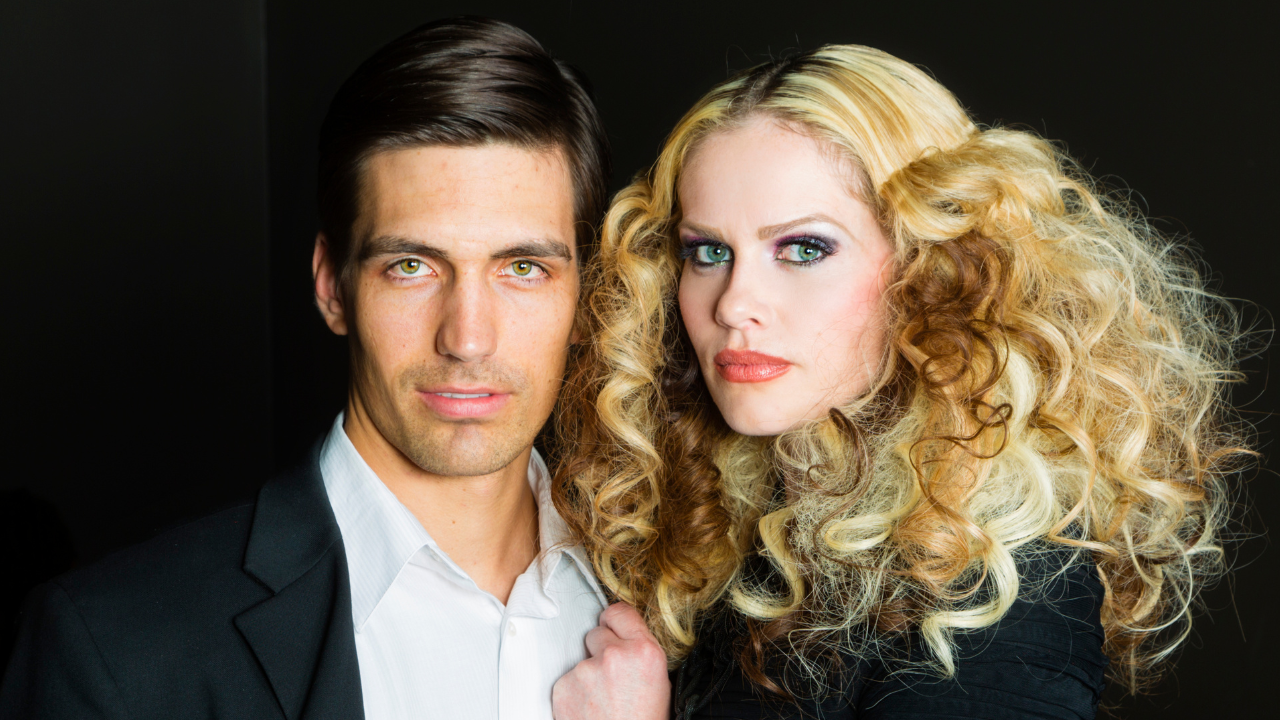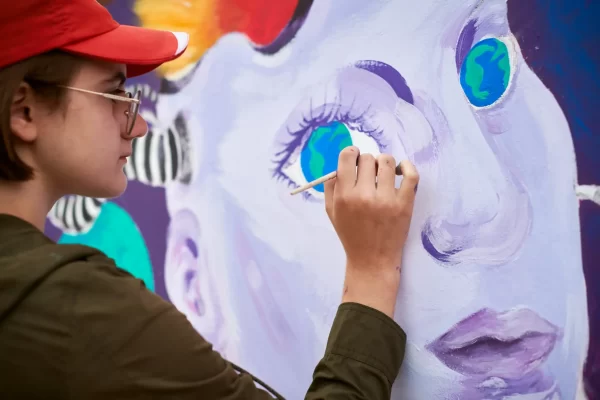In the realm of relationships, the halo effect is a formidable player. Consider the allure of new romance. When infatuated, we often see our partner as an embodiment of perfection. Consider relationships: during the honeymoon phase, the halo effect makes partners seem more angelic than they may be. Their quirks become endearing, and their minor transgressions are overlooked. This effect can veil potential issues, leading us to misjudge compatibility or ignore subtle red flags.
So, the halo effect is like this psychological thing that affects how we see and judge people. It’s all about how our overall impression of someone can influence our opinions about their specific traits or actions, even if they’re not related.
Have you ever been so impressed by someone’s good qualities that it coloured your judgment of their entire character? That’s the halo effect, a psychological phenomenon that can seriously skew our perceptions of people. It’s like we’ve got these rosy glasses on, and we’re only seeing what’s awesome about them while ignoring everything else – even if it’s not related.
The halo effect is when our opinions about a person’s positive traits spill over into how we see everything else about them. You might think, “Oh, they’re great in this one area, so they must be amazing overall!” Psychologist Edward Thorndike gave it the name and found that it can even stop us from seeing people or things as they really are.
Take meeting a new romantic interest, for example. If you’re swooning over them, you’re likely to think they’re perfect in every way – smart, kind, and totally trustworthy. It’s like you’ve put them on a pedestal, and even their quirks become charming. The halo effect can be particularly strong in the early stages of a relationship, making you see them through some seriously tinted glasses.
But here’s the thing: the halo effect can lead you down a path of misjudgment. You might only focus on their positives and brush aside any potential red flags. It’s like those not-so-great things don’t even register because you’re too busy being head over heels.
As time goes on, that initial glow tends to fade, and you start seeing your romantic interest more realistically. Those rose-colored glasses come off, and you’re looking at a real, multi-dimensional person – complete with strengths and flaws.
So, why does this matter? Well, the halo effect can make you overlook some important stuff, especially in relationships. You might set up unrealistic expectations because you think your partner is perfect, leading to disappointment down the line. Or you might miss important warning signs just because you’re so smitten.
Here are some ways the halo effect can mess with your romance radar:
- Focusing Only on the Good: You might be so infatuated that you only see the amazing stuff and ignore the not-so-amazing.
- Ignoring Red Flags: That glowing impression might lead you to brush off behaviors that should actually concern you.
- Losing Objectivity: You might be so deep in the halo effect that you can’t see the bigger picture.
- Setting Unrealistic Expectations: You’re expecting them to be perfect, and that’s just not fair.
- Jumping into Things: The halo effect can make you dive into commitments way too fast.
To avoid letting the halo effect mess with your romantic judgment, it’s important to stay grounded. Keep those rose-colored glasses in check and give things time to develop. Notice both the good and the not-so-good, and don’t be afraid to ask for advice from friends who can offer a different perspective.
In the end, it’s all about finding that balance between the initial excitement and a healthy dose of reality. Love is fantastic, but it’s also about embracing the whole package – imperfections and all.
If you would like to book an appointment please contact me here.





